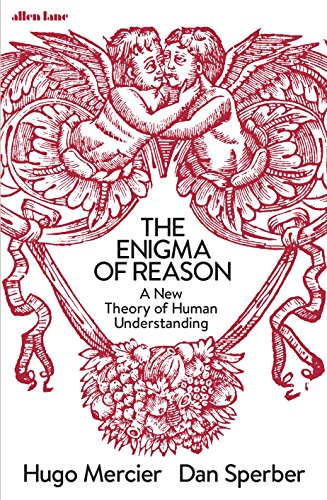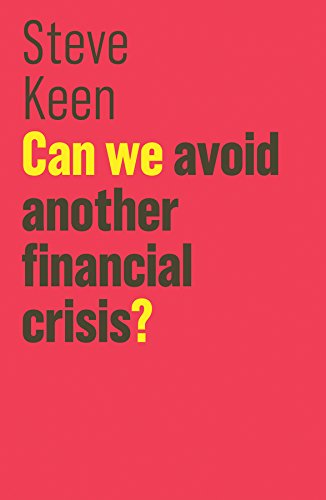After four years I've just re-read Charles Stross's
Accelerando and was again blown away. Here are my
summer of 2013 thoughts. But in a nutshell, as the solar system transitions through the
Singularity, posthumans of superintelligence transcend even augmented versions of ourselves.
Can we say more?
---
Intelligence is a reified concept. It presents as a trait of
performance but is frequently conceived of as a mechanistic '
thing'. It's as if we took athletes such as Usain Bolt and Mo Farah and claimed they had a high 'quickness-quotient'. We would discuss the heritability of QQ and perhaps derive a scale. We would discuss biological correlates - is there a QQ module somewhere in the body?
IQ is clearly telling us something about performance, but to a greater extent than admitted it's collapsing several different things into one measure.
- Reaction time (where we're defeated by houseflies).
- Logical inference - where we're easily beaten by simple AI systems.
- Pattern induction (eg Raven's Progressive Matrices): AI programs do well.
But perhaps the best definition of intelligence is the '
ability to learn or understand or to deal with new or trying situations'.
---
Back in March I wrote a piece about the
architecture of intelligence, '
Roger Atkins: Mind Design notebook'. I proposed that we should think of the intelligent mind as operating over a semantic network defined by nodes, links and overall processing speed.
-- Each node is a minitheory: some facts, rules and cached deductions + relevant inference rules. For example, you have a small minitheory about your pet and a much larger one about yourself.
-- Each link represents a kind of relation between theories (there are many). The classic 'ISA' relation familiar from object-oriented languages and ontologies would be an example. Also similarity relations for analogical reasoning.
-- Processing operations over a semantic net include:
- Take a node (minitheory) and deepen it with new facts, deductions or rules. Or create a new node on encountering or constructing some new entity.
- Create a new connection or relationship between nodes via an insight as to how they relate. A more richly-connected semantic net is potentially more powerful.
- Given a problem, navigate around the semantic net to form a solution (then add it).
---
With this architecture, a more intelligent entity has:
- a larger and more densely-connected link-set
- more and more-elaborated nodes
- faster link-traversal, new-link-creation and node-processing.
Links between different, and perhaps remote nodes will likely be rather abstract and removed from direct experience. For example, a notion of symmetry underlies both natural beauty and artificial design. A sophisticated semantic net requires the handling of complex abstraction.
---
This architectural model gives us a handle both on superior human intelligence and on posthuman superintelligence.
Firstly, why can't we just go and build an
AGI today? Because the root set of competences in every human's semantic net are nodes and links which encode the experienced physical and social world, a net which requires a degree of innervated embodiment we have as yet no clue as to how we might build. Only when 'they walk amongst us' will designers be in with a chance.
Secondly, how would a superintelligence differ from today's humanity? A superintelligence would possess a semantic net with improved performance along all three dimensions. Observe however that no matter how complex a network of abstract nodes, at the base is the set of nodes which must connect to the complexity of the world. Even the brightest genius condemned to a sensory-deprivation cell wouldn't be that performative. Nothing there to work on.
I suspect that the sum total of new
social experiences is parameterised by the possibilities of new
physical environments, whether occasioned by exploration and/or technologies. And even these are ultimately bounded by the free energy available, as
Accelerando reminded us with such gusto.
I think the take-home message is broadly as Stross imagined it. A superintelligence which walked amongst us (Hi Aineko!) would be bounded by the limitations of purely human technology + culture. But a
society of superintelligences able to drive forward their own physical, technological and cultural environment?
Well, let's just say there would be
plenty of headroom.
---
Note: in this view, artificial neural nets are an engineering implementation of the semantic net architecture described above. We know from human neural nets (aka 'brains') that a 'compiled' semantic network runs real fast in the subconscious (maybe it
is the subconscious) while trying to 'consciously' work on your own semantic network to address novel, complex problems is
really hard work and a real test of IQ.








































